by Roopal Luhana of Chaffin Luhana
Kids may be “too clean” these days. As parents worry about germs, illnesses, infections and keeping their little ones safe, they may unwittingly over-sterilize their children’s environments, which may not be suitable for their children’s long-term health.
Some research shows that children who come in contact with more dirt, animal dander, dust and other “dirty” things may be less likely to suffer from several health problems, including asthma, allergies and eczema.
The Hygiene Hypothesis: Kids Need More Dirt
David P. Strachan, a professor of epidemiology, developed the theory that children need more, not less, exposure to dirt, mud and animal dander. Strachan discovered through his studies that children living in larger households were less likely to suffer from hay fever and eczema. He theorized that the children in the more sizeable families encountered more infectious agents through their siblings, thus developing more robust immune systems that protected them against allergic diseases.
This theory received support when other research produced similar findings. In a 2016 study, scientists tested individuals from two farming communities-the Amish, who use traditional farming practices, and the Hutterites, who use industrialized farming practices. Results showed that the prevalence of asthma and allergies were four to six times lower in the Amish children, and levels of dust in the Amish households were 6.8 times higher than in the Hutterites households. Scientists found pronounced differences in the immune cells between the two groups.
Based on this evidence, experts advise parents to let their kids play with the dog and sometimes get their clothes dirty and muddy without rushing in with the antibacterial wipes. The theory goes that today’s children are too protected, living indoors on sterilized surfaces rather than spending most of their time outside. Proceedings of the National Academy of Sciences (PNAS) Researcher Megan Scudellari stated that epidemiological, experimental and molecular evidence supports the idea that a “diverse range of ‘friendly’ microbes, not infectious pathogens, is necessary to train the human immune system to react appropriately to stimuli.”
It’s not that parents should try to expose their kids to microbes that can cause illness. They should still teach their kids to be aware of germs and to wash their hands to help them avoid potentially dangerous infections. Instead, it’s more about reducing the rise in allergic disorders by exposing children to microorganisms that humans rely on for good health.
Children are exposed to these microorganisms in utero when they are born naturally and while breastfeeding. They continue to gain exposure through contact with family members, playing outside in the dirt, interacting with pets and sharing toys with friends. The developing immune system receives healthy exposure in all these situations and is thus able to mature as it should. It learns what to attack and what to ignore as harmless, making it less likely to overreact and cause symptoms related to allergic diseases and other sensitivities.
It’s not just about human immune systems, either. Another factor is that over-sanitizing with antibacterial products can create more antibiotic-resistant bacteria, meaning infections will be more challenging to treat in the future.
Did COVID-19 Stunt Children’s Immune Systems?
Many parents are concerned that masking and social distancing prevented their children from coming in contact with the necessary microbes to build their immune systems. However, the Hygiene Hypothesis only applies to bacteria. Many good bacteria children need can come from pets, siblings or their backyard. Viruses like the flu or the common cold are unnecessary to develop a healthy immune system.
“Almost no virus is protective against allergic disease or other immune diseases. In fact, infections with viruses mostly either contribute to the development of those diseases or worsen them,” said Marsha Wills-Karp, Ph.D., MHS, professor and chair of Environmental Health and Engineering at Johns Hopkins University.
Wills-Karp also notes that viruses tend to be more dangerous. It is safer for children to gain immunity from vaccines than the actual virus because there is no way to predict how each person will react to a given pathogen. What is a minor cold for one child could kill another.
Tips for Parents to Help Children Grow Up Healthy
Considering the evidence we have now about optimal immune system development, some scientists recommend the following tips for parents:
- Get a dog and allow the children to interact with it. Other pets or farm animals can also provide health benefits.
- Encourage children to get outside and play regularly. Allow them to get dirty.
- Grow a garden with your children. Even growing houseplants together can provide the necessary exposure to dirt.
- Encourage kids to eat a diet rich in fruits, vegetables and other high-fiber foods. Try to reduce sugar intake.
- Avoid using antibacterial sanitizing cleansers. Use simple soap and water instead.
- Teach children to wash their hands and avoid sharing toys or other items with children who are sick or with children they don’t know. But don’t worry if healthy siblings or friends are sharing.
- Continue to keep a clean home. Keep food clean and fresh. Sanitize the kitchen sink, countertops, and bathroom surfaces.


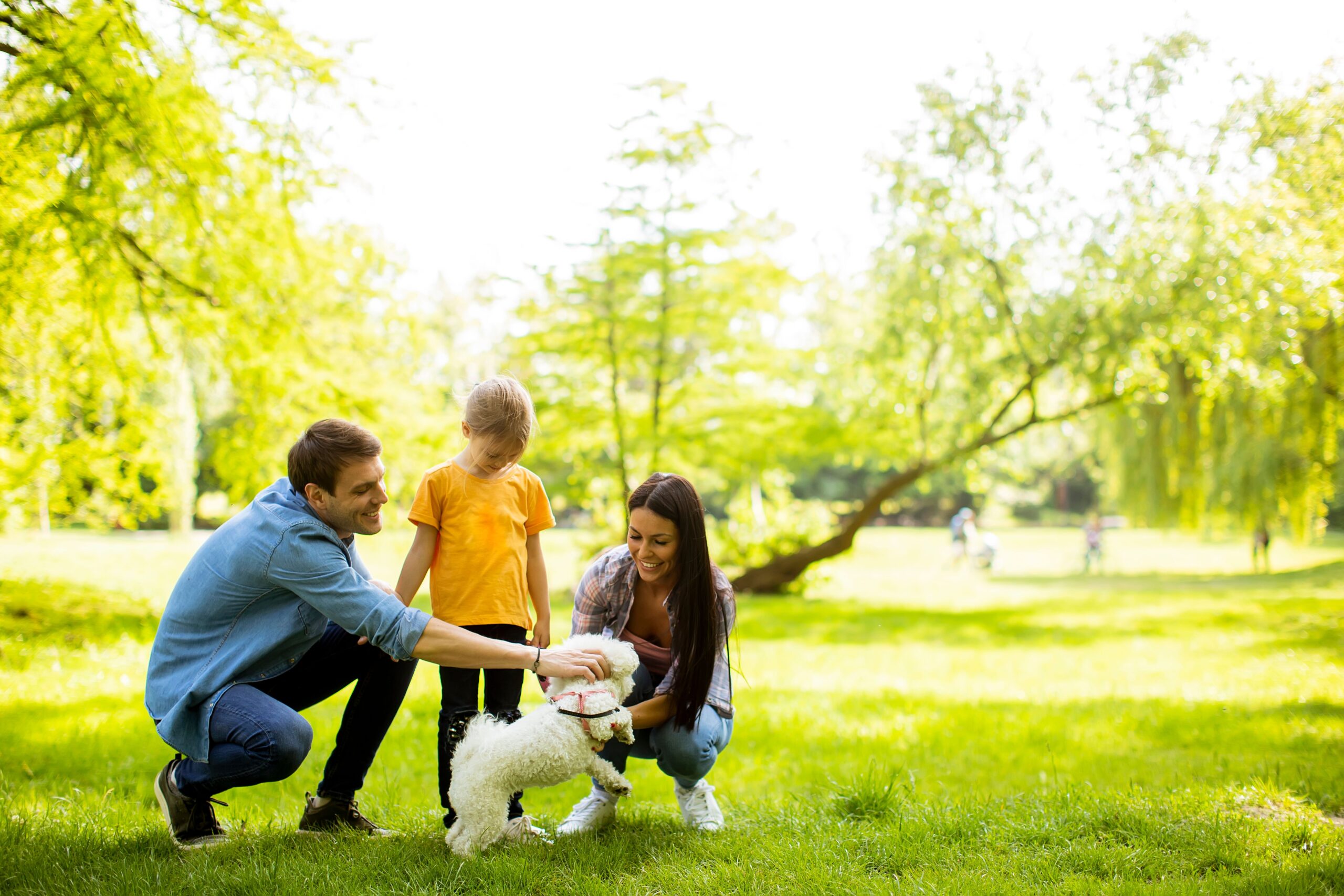
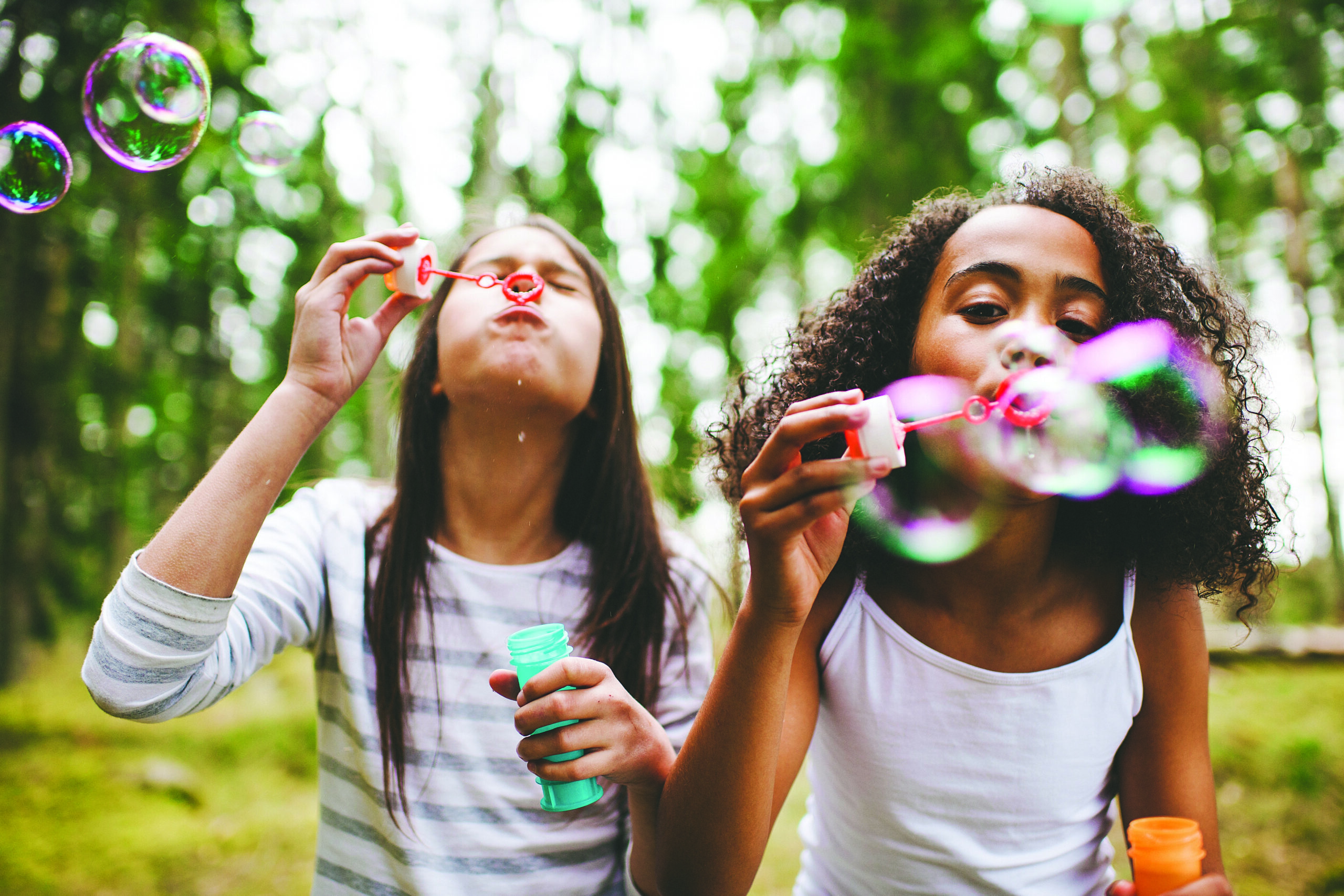

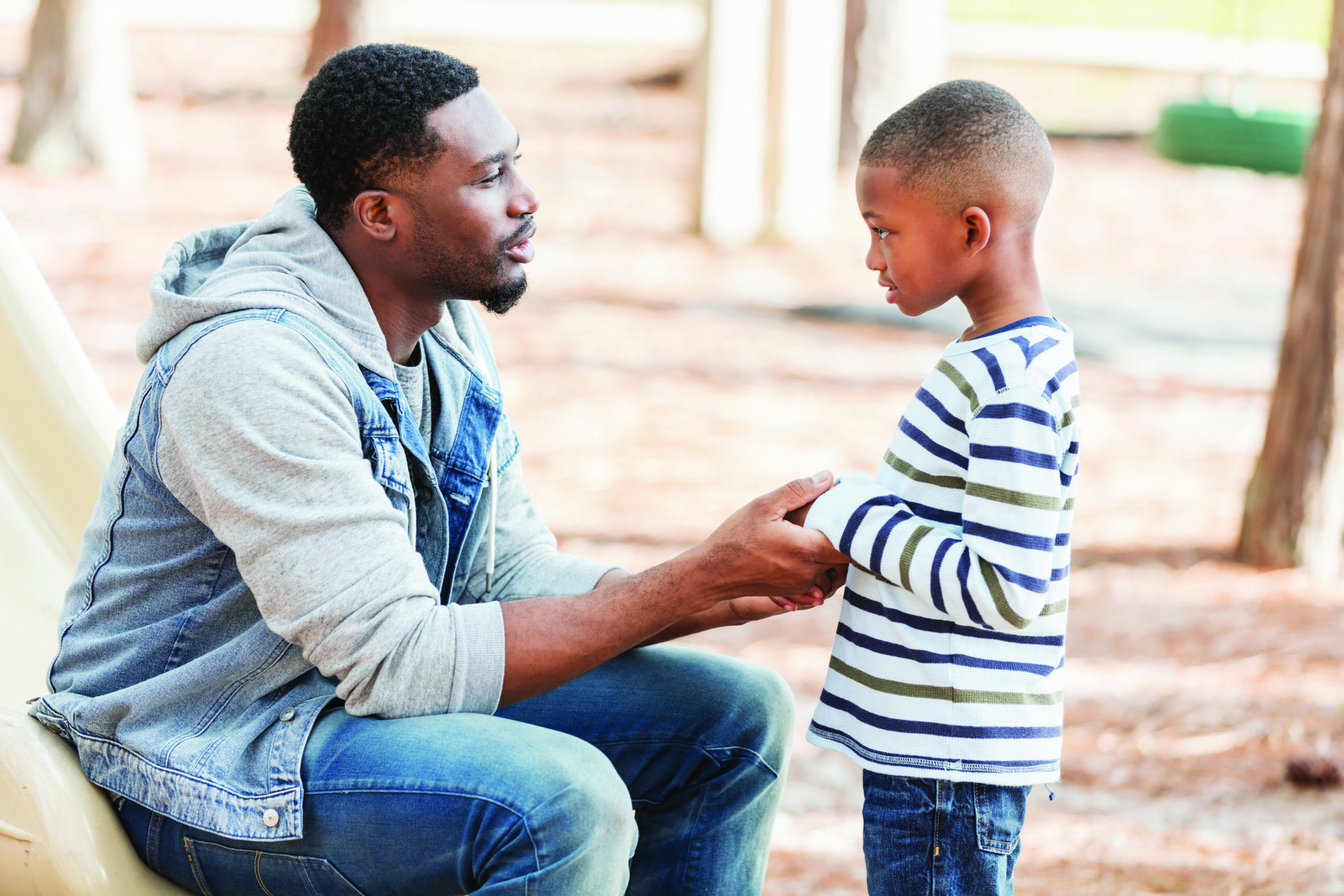
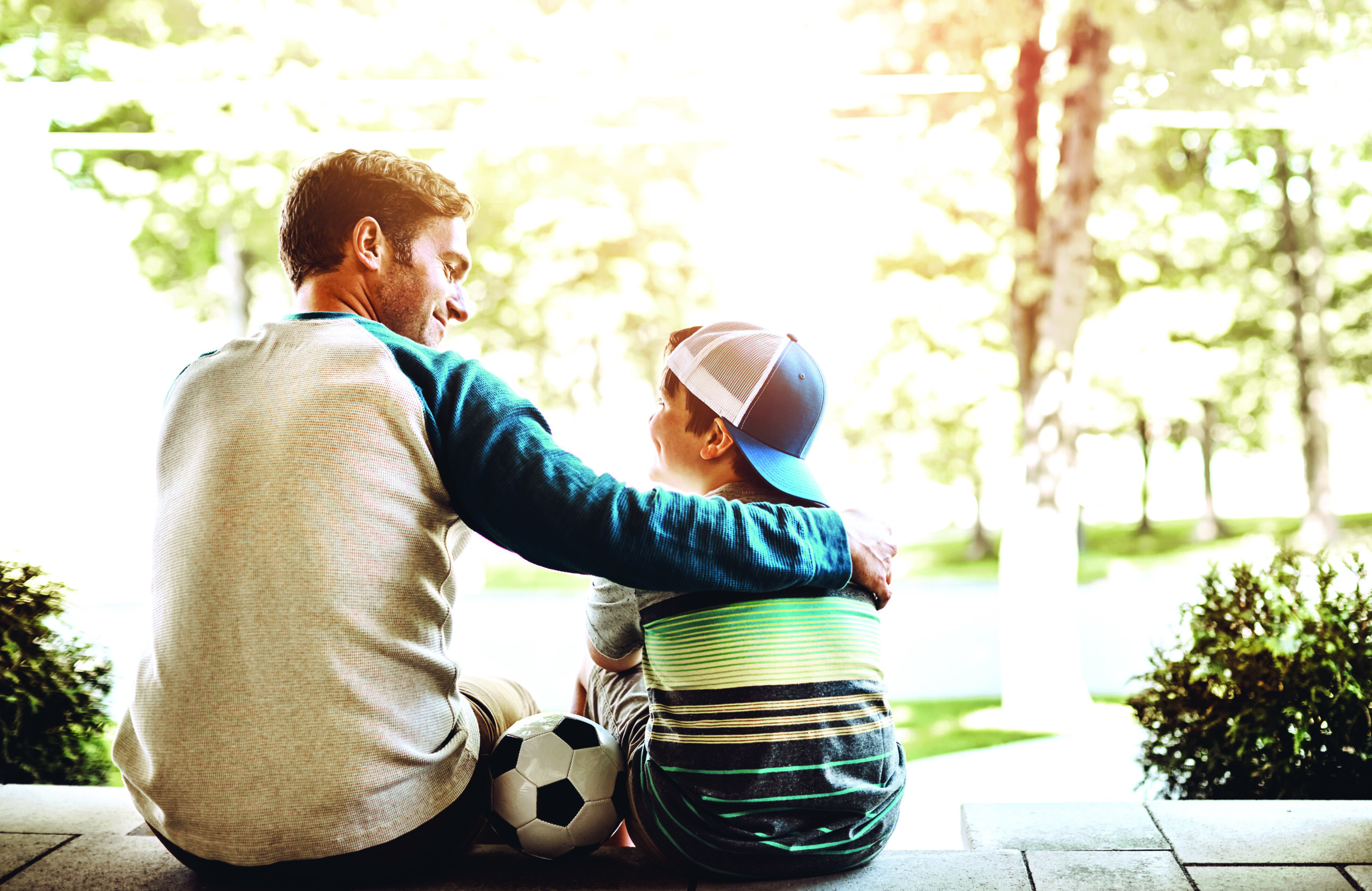
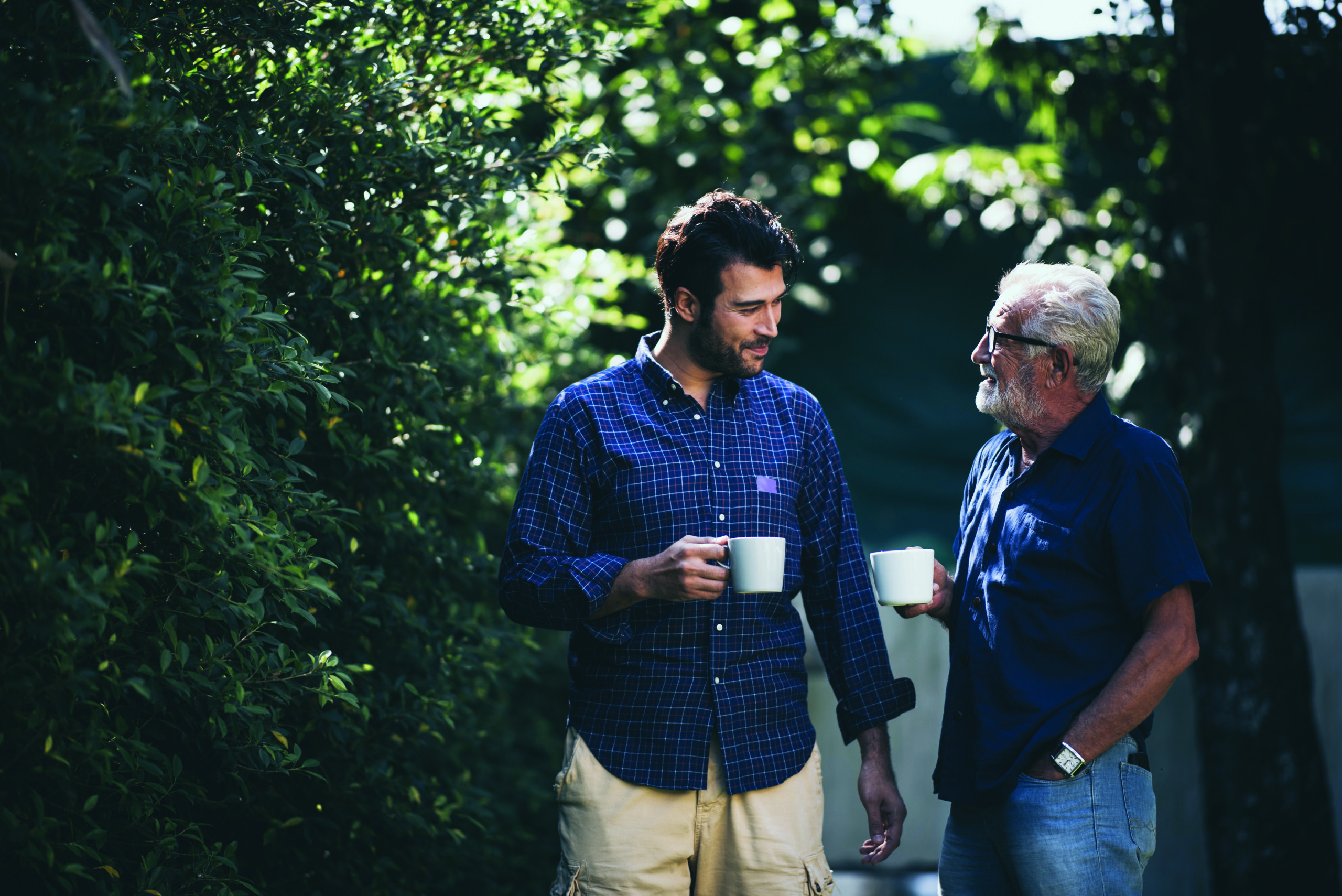
Leave A Comment